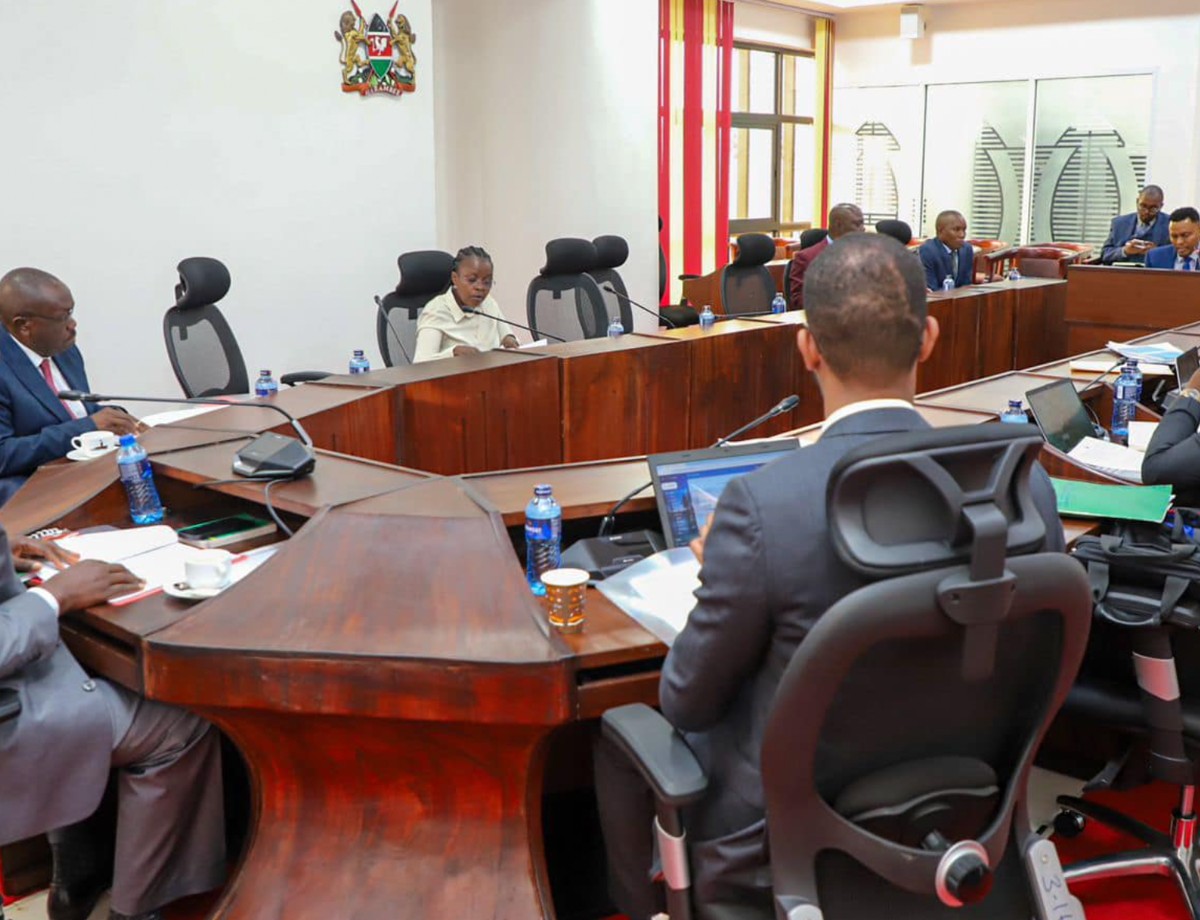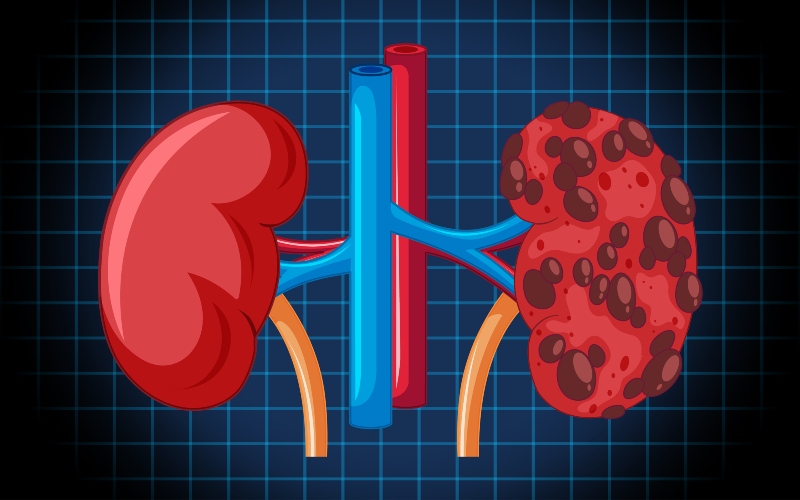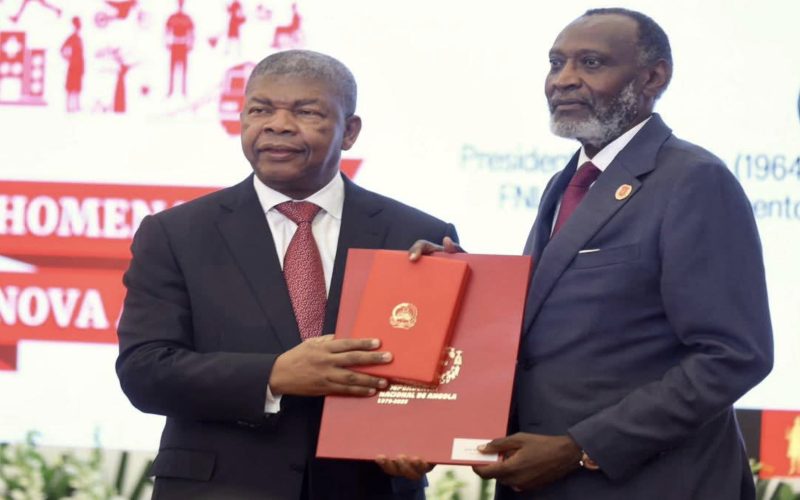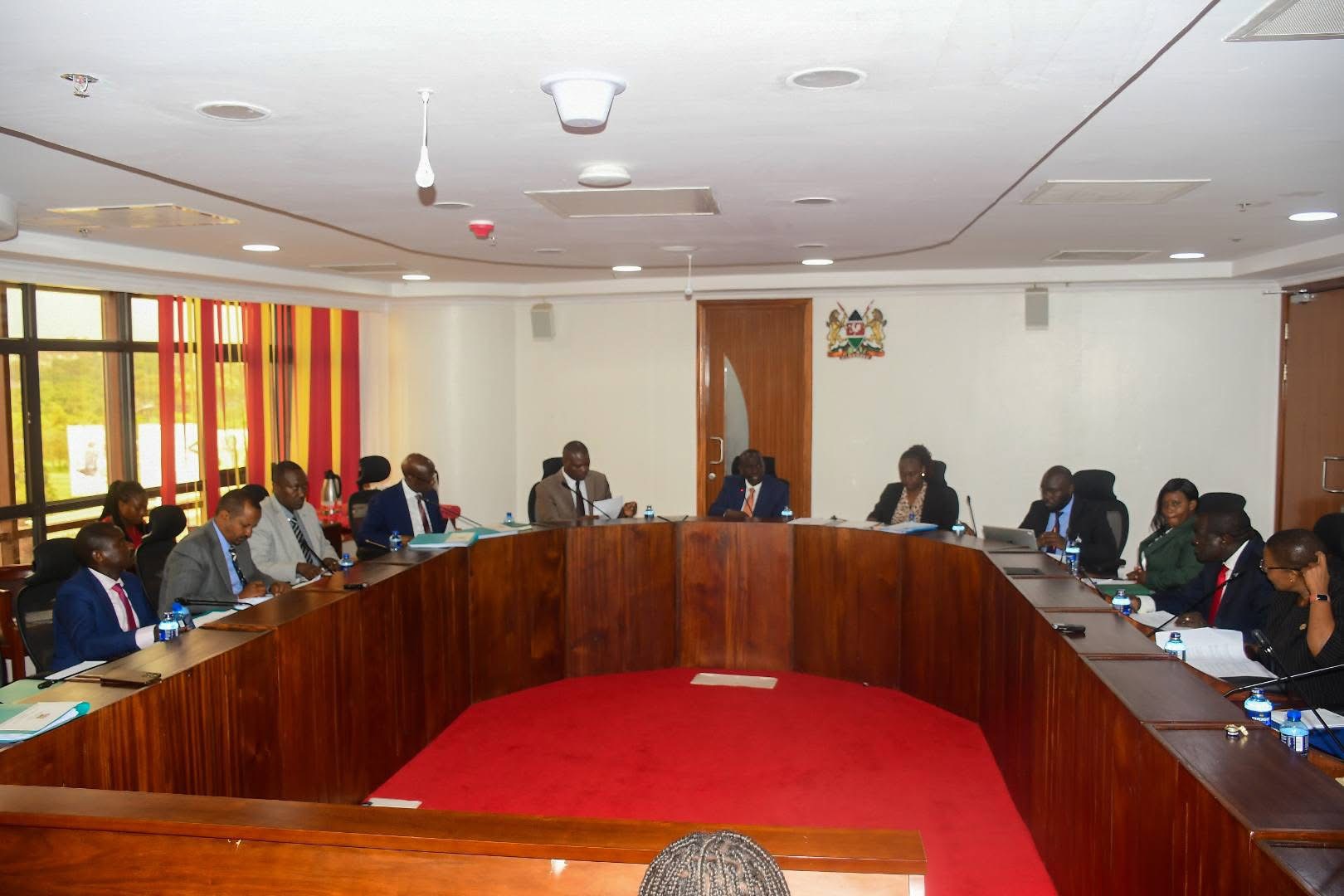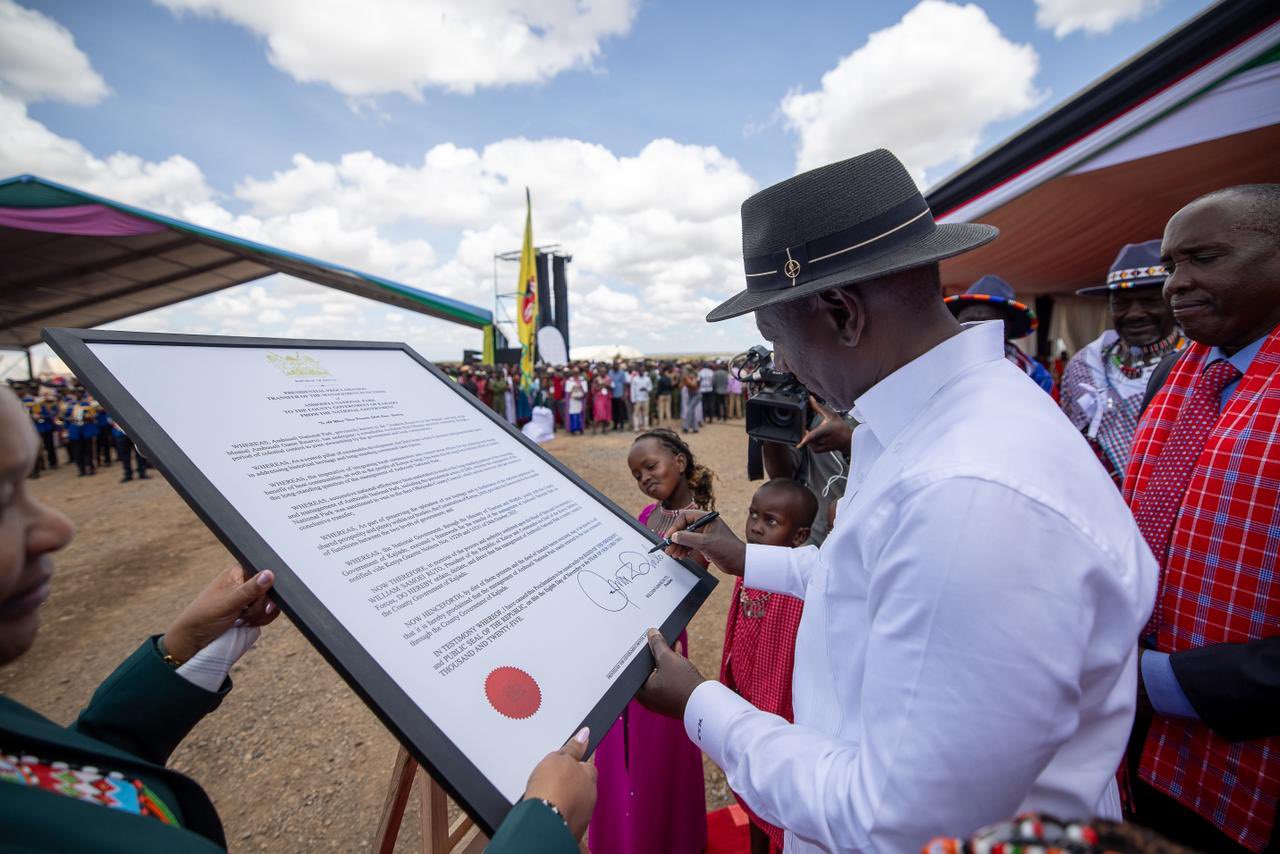RUPHA exposes flaws in SHA’s multi-billion digital health systems
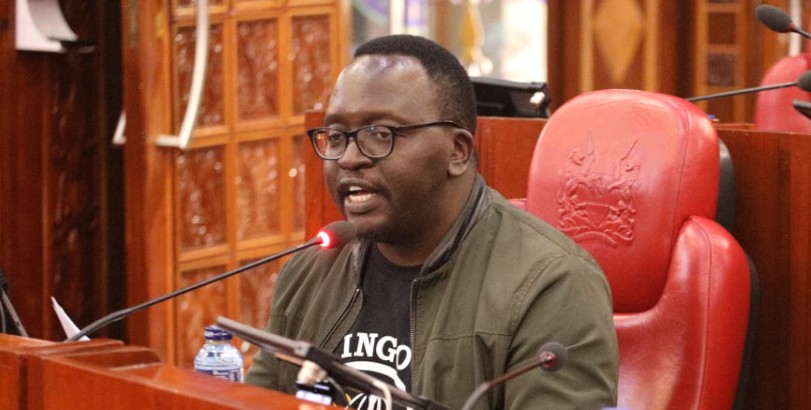
The statement underscores a growing unease among health stakeholders about SHA reforms, highlighting a lack of accountability in systems funded with billions of shillings.
The Rural Private Hospitals Association of Kenya (RUPHA) has voiced strong concerns over massive failures in the digital systems launched by the Social Health Authority (SHA), describing them as costly and ineffective.
In a statement shared on its official X account on Wednesday, the association claimed the SHA has been unable to deliver essential technology platforms to prevent fraud, manage patient information, monitor service quality, and track medicines.
More To Read
- SHA faces Sh30 billion backlog despite Sh81 billion collected since inception
- KMPDC reminds practitioners and health facilities to renew 2026 licences
- Health Ministry tops list of NHIF debtors with Sh7.8 billion owed- RUPHA
- Five charged with defrauding Social Health Authority of Sh17.5 million
- KMPDC orders hospital, funeral home to release bodies held over unpaid bills
- Ex-SHA bosses among nine arrested as DCI cracks down on Sh17 million health fund scandal
“Let us break down the problems with the SHA failed fraud detection (SHA ERP), failed beneficiary management platform, non-existent Quality Management System and what the recently launched ‘Kenya Pharmaceutical Information System - Track and Trace,’” RUPHA said.
The group identified four critical areas of concern. First, the SHA eClaims system, which RUPHA says rejects legitimate claims while approving payments to ghost hospitals.
“SHA eClaims System – rejects valid claims but can pay ghost hospitals. Apparently, SHA is currently procuring one after APEIRO failed to deliver a ghost-proof one,” the statement reads.
RUPHA also questioned the newly introduced Kenya Pharmaceutical Information System, warning that the Sh2.5 billion Track and Trace platform and Sh2.46 billion Drug Utilisation Review may fail to deliver proper accountability in pharmaceutical management.
“Track and Trace (Sh 2.5billion) launched yesterday by Health CS Aden Duale, this will also include Drug Utilisation Review (Sh2.46 billion),” the association noted.
On quality assurance, the association highlighted that a fully functional system has yet to be put in place despite the allocated funds.
“Quality Management System, Sh1.58 billion (enough to sort out KNH – NHIF arrears. Non-existent,” RUPHA stated.
The group further criticised how provider training has been conducted, arguing that virtual sessions do not meet the needs of public hospitals.
“Training, Support and Customer Education (Sh7billion) – all provider training has been via Zoom and Microsoft Teams. There is no evidence of training for public hospitals,” the statement said.
RUPHA accused the Ministry of Health of shifting focus away from addressing these deficiencies to blaming medical personnel.
“So while the CS Health Aden Duale daily calls Kenyan hospitals cartels and Kenyan doctors fraudsters, who is protecting Kenyans from the actual ones?” the association questioned.
Top Stories Today
